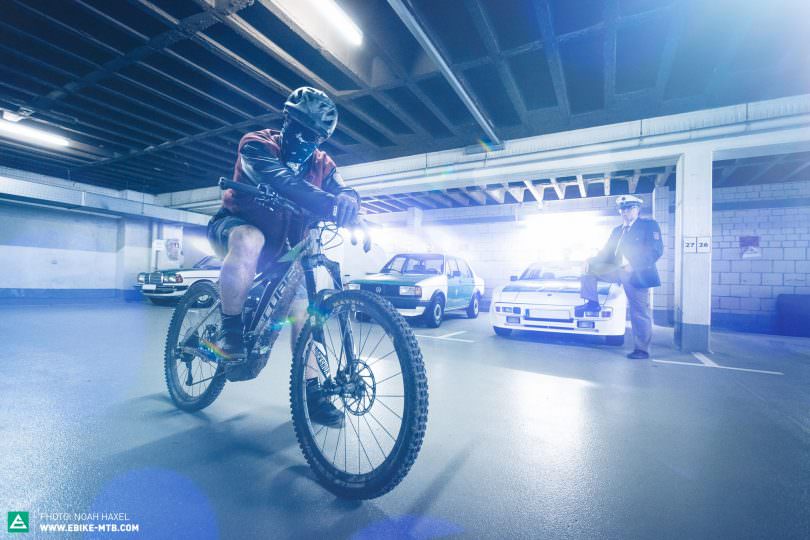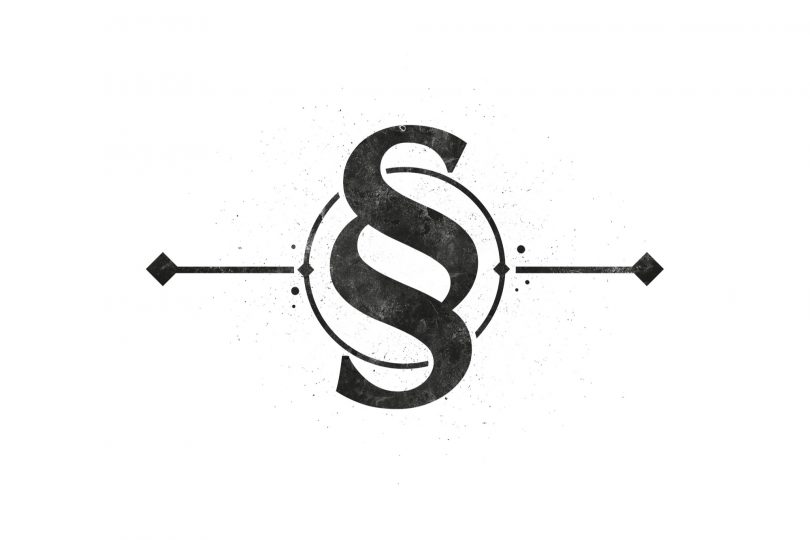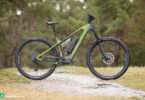France bans illegal eMTB tuning with fines up to € 30,000
French legislation now bans the practice of eMTB tuning. If an individual or retailer are caught modifying an ebike to derestrict its maximum speed, the offence is now punishable by up to one-year imprisonment (two year for retailers) and up to a €30,000 fine.
France is leading the fight against illegal ebike tuning. On 24th of December 2019, an amended traffic law, Article L317-1, was passed, covering both personal motor-powered vehicles and pedal-assist bicycles. It states that anyone modifying their ebike to exceed the maximum authorized speed – currently 25 km/h for electric bicycles and 45 km/h for speed pedelecs – could now have their bike impounded, face one year in prison and fines of up to €30,000.

Why ban illegal ebike tuning?
Illegal tuning remains the biggest challenge for the ebike community to address, despite many motor manufacturers taking measures to prevent tuning. Only recently, the first legal case involving an ebike rider hitting a pedestrian in London, concluded in the UK. Riding an illegally tuned ebike, the cyclist collided with a pedestrian at an alleged 45 km/h, tragically resulting in her death. In this landmark case, many were surprised to see the accused cleared of causing death by careless driving and driving without a licence. While there was no formal charge brought forward, the issue of illicit tuning exploded in the mainstream media. Many countries are now facing similar problems and France is taking a hard-line approach against motor tuning.
What is Article L317-1?
A translation of Article L317-1 states “For the person in charge of operating a road transport vehicle, a personal motorised displacement machine or an assisted pedalling cycle subject to an obligation of speed limitation by construction not to respect this obligation, to modify, or knowingly make or allow to modify the speed limitation device to enable the vehicle, the machine or the cycle to exceed its maximum authorized speed, is punishable by one-year imprisonment and a fine of 30,000 euros.
The vehicle, machine or cycle on which the offence was committed is immobilized and withdrawn from circulation until it has been brought into conformity or repaired. A decree of the Council of State sets the conditions for the application of this paragraph.”
This is the original text of Article L317-1 in French:
Le fait, pour le responsable de l’exploitation d’un véhicule de transport routier, d’un engin de déplacement personnel à moteur ou d’un cycle à pédalage assisté soumis à une obligation de limitation de vitesse par construction, de ne pas respecter cette obligation, de modifier, ou, en tant que commettant, de faire ou de laisser modifier le dispositif de limitation de vitesse par construction afin de permettre au véhicule, à l’engin ou au cycle de dépasser sa vitesse maximale autorisée, est puni d’un an d’emprisonnement et de 30 000 euros d’amende.
Le préposé est passible des mêmes peines lorsque l’infraction résulte de son fait personnel.
Toute personne coupable de ce délit encourt également la peine complémentaire de suspension, pour une durée de trois ans au plus, du permis de conduire, cette suspension pouvant être limitée à la conduite en dehors de l’activité professionnelle.
Le véhicule, l’engin ou le cycle sur lequel l’infraction a été commise est immobilisé et retiré de la circulation jusqu’à ce qu’il ait été mis en conformité ou réparé. Un décret en Conseil d’Etat fixe les conditions d’application du présent alinéa.

Targeting the tuning companies and manufacturers
Targeting the seeming root of the problem, another traffic law, Article L317-5 was also amended on the 24th of December which legislates against companies or professionals who manufacture, import, export, sell, rent or install devices that permit illegal tuning to increase an ebike’s maximum speed. In this case, the penalties are even higher, with up to two years imprisonment and a fine of up to € 30,000.
What is Article L317-5?
A translation of Article L317-5 states “For a professional to manufacture, import, export, exhibit, offer, offer for sale, sell, offer for rental or encourage to buy or use a device with the purpose of exceeding the regulatory limits set with regard to speed, displacement or maximum engine power of a moped, a motorcycle, a personal motor-driven vehicle, an assisted pedalling cycle or a motor quadricycle is punishable by two years’ imprisonment and a fine of 30,000 euros.
This is the original text of Article L317-5 in French:
I. – Le fait pour un professionnel de fabriquer, d’importer, d’exporter, d’exposer, d’offrir, de mettre en vente, de vendre, de proposer à la location ou d’inciter à acheter ou à utiliser un dispositif ayant pour objet de dépasser les limites réglementaires fixées en matière de vitesse, de cylindrée ou de puissance maximale du moteur d’un cyclomoteur, d’une motocyclette ou d’un quadricycle à moteur est puni de deux ans d’emprisonnement et de 30 000 euros d’amende.
II. – Le fait pour un professionnel de réaliser, sur un cyclomoteur, une motocyclette ou un quadricycle à moteur, des transformations ayant pour effet de dépasser les limites réglementaires fixées en matière de vitesse, de cylindrée ou de puissance maximale du moteur est puni des mêmes peines.
III. – Le dispositif prévu au I est saisi. Lorsque le dispositif est placé, adapté ou appliqué sur un véhicule, ce véhicule peut également être saisi.
France is taking firm measures against illegal ebike tuning
France is taking a hard-line approach to illegal ebike tuning. While it’s still unclear how this law will, or even can, be enforced, any illegally tuned bikes caught on the road, or collisions with pedestrians by riders on illegally tuned ebikes can now be met with very severe legislated penalties. While many believe that it is the responsibility of the motor manufacturers to prevent illegal tuning, surely such severe potential penalties will discourage the desire for a little more illicit speed. It will be interesting to see if other countries now follow France’s example.
However, that leaves a big question mark: whether France is taking the right measures to approach this delicate topic. A ban might have a strong impact in the short term, but it doesn’t solve the actual root of the problem. Despite the need for alternative urban means of transportation, bikes are at a disadvantage compared to cars. On an ebike you can never quite keep up with the flow of traffic, with the assistance cutting out 5 km/h below the cars moving at the 30 km/h speed limit. Likewise, speed pedelecs, limited to 45 km/h, struggle on roads with a 50km/h speed limit. If legislation levelled the playing field, for example with a 32 km/h limit for ebikes as it already is in some countries, this could take away the need for many people to illegally tune their eMTB as they could ride proactively in traffic regardless. This would be a legal regulation that doesn’t constitute a ban, but offers a solution to the actual problem and could help to more solidly establish sustainable and emission free urban transportation.
You can find more information about the issue of ebike tuning and what it actually is in this article: ebike-mtb.com/en/back-issue-e-bike-tuning
Did you enjoy this article? If so, we would be stoked if you decide to support us with a monthly contribution. By becoming a supporter of E-MOUNTAINBIKE, you will help secure a sustainable future for high-quality cycling journalism. Click here to learn more.
Words: Photos: E-MOUNTAINBIKE-Team








